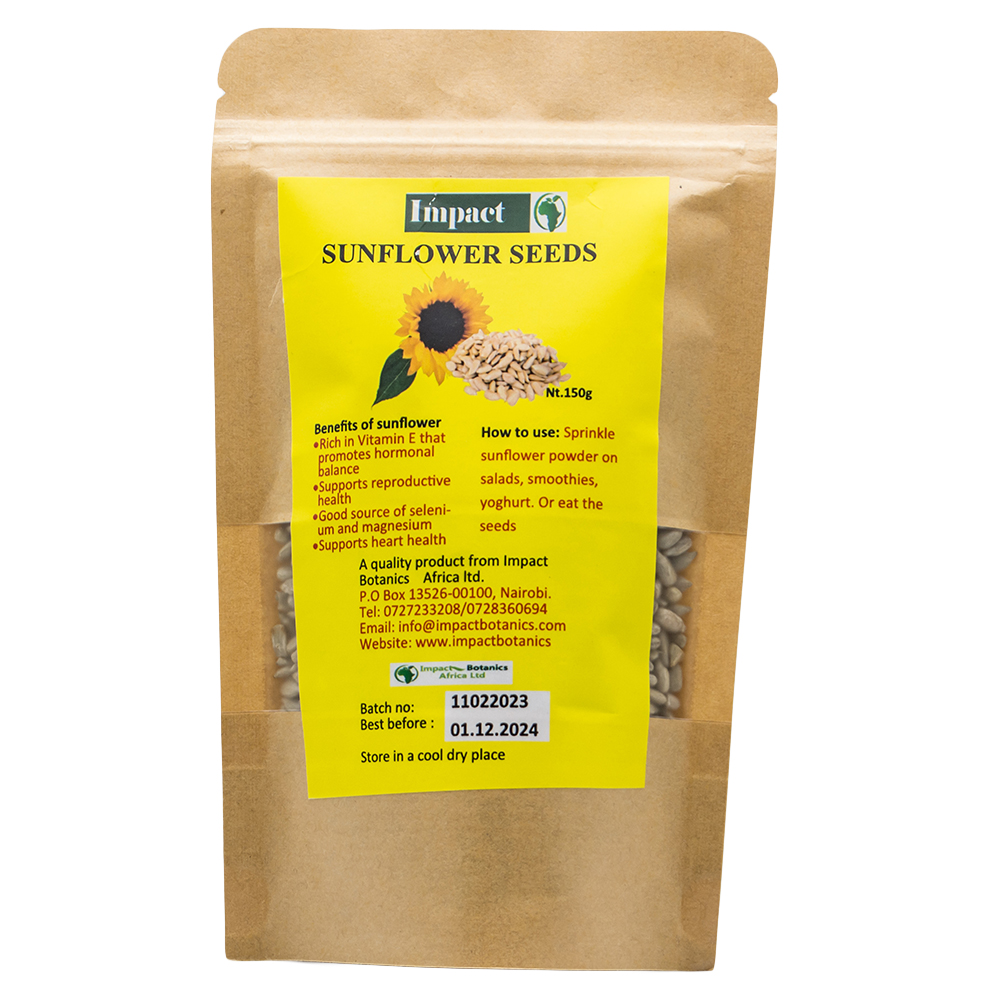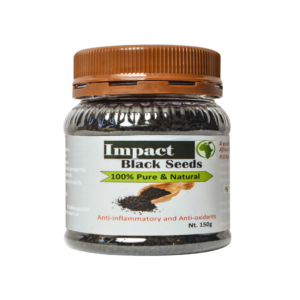Description
Sunflower seeds are the edible seeds of the sunflower plant (Helianthus annuus), which is native to North America but is now cultivated worldwide for its nutritious seeds and oil. Sunflower seeds are a popular snack and culinary ingredient known for their nutty flavor and crunchy texture. Here are some key aspects of sunflower seeds:
- Nutritional Content: Sunflower seeds are highly nutritious and packed with essential nutrients. They are an excellent source of protein, healthy fats, vitamins, and minerals. Sunflower seeds are particularly rich in vitamin E, an antioxidant that helps protect cells from damage caused by free radicals. They also provide significant amounts of B vitamins, including thiamine (B1), niacin (B3), and folate (B9), as well as minerals such as magnesium, phosphorus, copper, and selenium.
- Heart Health: The monounsaturated and polyunsaturated fats found in sunflower seeds, particularly linoleic acid and oleic acid, are beneficial for heart health. These healthy fats help lower LDL (bad) cholesterol levels, reduce inflammation, and improve blood vessel function, reducing the risk of heart disease and stroke. Including sunflower seeds in the diet as part of a balanced, heart-healthy eating pattern may help promote cardiovascular health.
- Antioxidant Properties: Sunflower seeds contain a variety of antioxidants, including vitamin E, phenolic compounds, and selenium, which help protect the body from oxidative stress and free radical damage. Antioxidants play a crucial role in preventing chronic diseases such as cancer, diabetes, and neurodegenerative disorders. Regular consumption of sunflower seeds may help support overall health and longevity.
- Bone Health: Sunflower seeds are a good source of minerals like magnesium, phosphorus, and copper, which are essential for maintaining strong and healthy bones. These minerals help support bone density, reduce the risk of osteoporosis, and promote overall bone health. Including sunflower seeds in the diet can help ensure an adequate intake of bone-building nutrients, particularly for individuals at risk of calcium deficiency.
- Digestive Health: Sunflower seeds are a good source of dietary fiber, both soluble and insoluble, which is important for digestive health. Fiber helps promote regular bowel movements, prevent constipation, and support a healthy digestive system. Sunflower seeds may also help regulate blood sugar levels and improve insulin sensitivity, reducing the risk of type 2 diabetes and promoting overall metabolic health.
- Mood and Mental Health: Sunflower seeds contain tryptophan, an amino acid that is a precursor to serotonin, a neurotransmitter involved in mood regulation and stress response. Consuming foods rich in tryptophan, such as sunflower seeds, may help promote feelings of calmness, relaxation, and well-being. Additionally, the vitamin E and selenium in sunflower seeds may help support cognitive function and protect against age-related cognitive decline.
- Weight Management: Despite being calorie-dense, sunflower seeds can be included in a weight management diet due to their nutrient density and satiating properties. The protein, healthy fats, and fiber in sunflower seeds help promote feelings of fullness and satiety, reducing appetite and calorie intake. Including sunflower seeds as a snack or adding them to meals can help curb cravings and support weight loss or weight maintenance efforts.
- Skin Health: The vitamin E content of sunflower seeds makes them beneficial for skin health and appearance. Vitamin E is a powerful antioxidant that helps protect the skin from oxidative damage caused by UV radiation, pollution, and other environmental stressors. Consuming sunflower seeds regularly may help promote skin hydration, elasticity, and youthful appearance.
- Plant-Based Protein Source: Sunflower seeds are an excellent plant-based source of protein, making them a valuable addition to vegetarian and vegan diets. Protein is essential for building and repairing tissues, supporting muscle growth, and maintaining overall health. Sunflower seeds contain all nine essential amino acids, making them a complete protein source.
- Culinary Uses: Sunflower seeds are a versatile ingredient that can be enjoyed in various ways. They can be eaten raw, roasted, or toasted and used as a topping for salads, yogurt, oatmeal, and baked goods. Sunflower seeds can also be ground into flour and used in bread, muffins, and other baked goods. Additionally, sunflower seed butter can be used as a nutritious spread for toast, sandwiches, and fruit.
Overall, sunflower seeds are a nutritious and delicious snack that offers a wide range of health benefits. Whether eaten on their own or incorporated into recipes, sunflower seeds can be a valuable addition to a balanced diet. As with any food, it’s essential to consume sunflower seeds in moderation as part of a diverse and nutrient-rich eating pattern.






Reviews
There are no reviews yet.